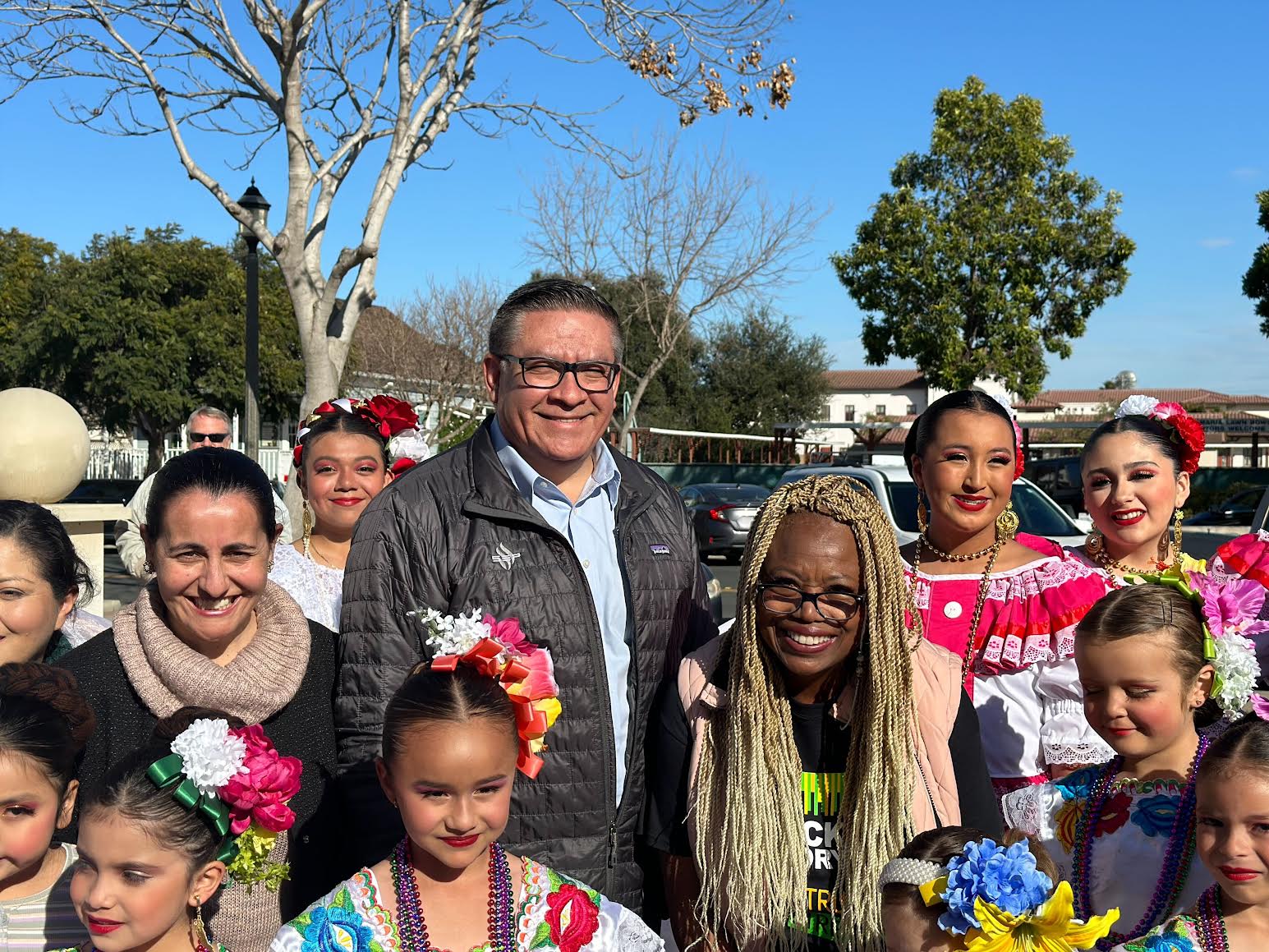Black Lives, Black Voices
Why All the Fuss? Why Do We Celebrate Black History?

I was recently asked “What does Black History Month mean to you?” As the voice for the NAACP, I gave the typical answer about Dr. Carter G. Woodson, the second African American to graduate from Harvard (behind Dr. W.E. B. Dubois), who created Black History in 1926 as a week of celebration and remembrance, which later growing into Black History Month.
Upon great reflection, I reflect on the true meaning of Black History to me: Black History honors the struggles, triumphs, and resiliency of African Americans throughout the United States. From the atrocities of slavery and the Civil War, the Underground Railroad, the Emancipation Proclamation, and the abolition of enslaved people; to Reconstruction and the ugly history of Jim Crow laws with separate but equal; to the Montgomery Bus Boycott and tired old Rosa Parks’s refusal to give up her seat on the bus after working all day; to the 1955 horrific lynching of 14-year-old Emmett Till; to organizing and agitating with sit-ins at lunch counters; to the many terrorist attacks of the KKK, the August 1963 March on Washington, the 16th Street Baptist Church bombing of four little girls in September 1963, the Freedom Summer murders of Chaney, Goodman, and Schwerner in my home state of Mississippi in 1964, peaceful marches and protests including the 1965 bloody Selma marches where dogs and firehoses were turned loose on people while the world witnessed the horror, to being jailed/whipped and — lest we forget — the 9 minutes and 29 seconds of the 2020 public lynching of George Floyd; to triumphs such as Brown vs. the Board of Education of Topeka, Kansas, which segregated schools before I was born but wasn’t enacted until my freshman year of high school; to the Civil Rights Act of 1964-1965; the Voting Rights Act of 1965; the 1967 confirmation and elevation of Thurgood Marshall (who argued Brown v. Board of Education) to Associate Justice of the United States Supreme Court, and the passage of the Fair Housing Act of 1968.
From abolitionist Fredrick Douglass to Sojourner Truth, Harriett Tubman, Dr. W.E.B. Dubois, the birth of the NAACP in 1909, Black inventors like Garret Morgan who invented the three-position traffic signal; to Dr. Charles Drew and his discovery of blood plasma preservation; and all the hidden figures who made an impact — Black History Month honors the struggles, resiliency, and triumphs of Blacks/African Americans throughout the United States.
Founded on February 7, 1926, by Dr. Woodson, who is known as the Father of Black History, Dr. Woodson stated, “If a race has no history … it stands in danger of being exterminated.” Dr. Woodson, who was the son of once-enslaved individuals who had an “abroad” marriage because they were owned by two different “Masters” and as such were not allowed to live together. His mother’s family “Master” was “poor,” and her mother, and two younger siblings were sold when their poor Master needed money, while his father, though enslaved, regarded himself as “free.”
Although Dr. Woodson’s father could not read or write, eventually, he and his wife would own a 10-acre tobacco farm in Virginia, where Carter and his siblings spent most of their days doing farm work to help the family survive and attended a one-room school (established by the Freedmen’s Bureau) taught by their uncles, four months out of the year.
Dr. Woodson earned a B.A. from Berea College, a B.A. and M.A. from the University of Chicago, and a PhD from Harvard University, going on to be Dean of Howard University College of Arts and Sciences.
Why We Celebrate and the ‘Fuss’
Dr. Woodson believed the only way to fight racism was to educate people about all that Black people have done for society, so Black people are no longer regarded as less.
Like so many others, I stand on the shoulder of those like Dr. Woodson, who paid the ultimate price. Growing up in rural Mississippi in the ’60s and early’ 70s, my life was segregated including housing and schooling. I can still remember Jim Crow restrictions of “White” and “Colored” doctor’s offices and water fountains. In my school textbooks there was no mention of Blacks/African Americans, and their accomplishments excepts for serfs and George Washington Carver and his peanut inventions; there was no mention of slavery, lynching of Black men, Emmett Till, bombing of churches, the holocaust, or people who looked like me. Almost 50 years later, I still remember my first year of high school integration when a book with the N-word was read in my 9th-grade class. Being the only Black in the class, while the reader and teacher’s faces were red from laughter, I still remember their names!
In February, we celebrate because it is not about recognizing and taking a look at the harm that slavery, racism, and oppression has caused to Black people — but this is our history! As my friend Wendy* says, “Black history is American history 365 days of the year!” And when we celebrate, we honor and remember the past, celebrate the present, and inspire the future!
Lawanda Lyons-Pruitt, who recently retired as the chief investigator for the Santa Barbara County Public Defender, is a full-time community activist and president of the Santa Maria-Lompoc Branch of the NAACP. Wendy* is Wendy Sims-Moten, executive director of First 5 Santa Barbara County.



